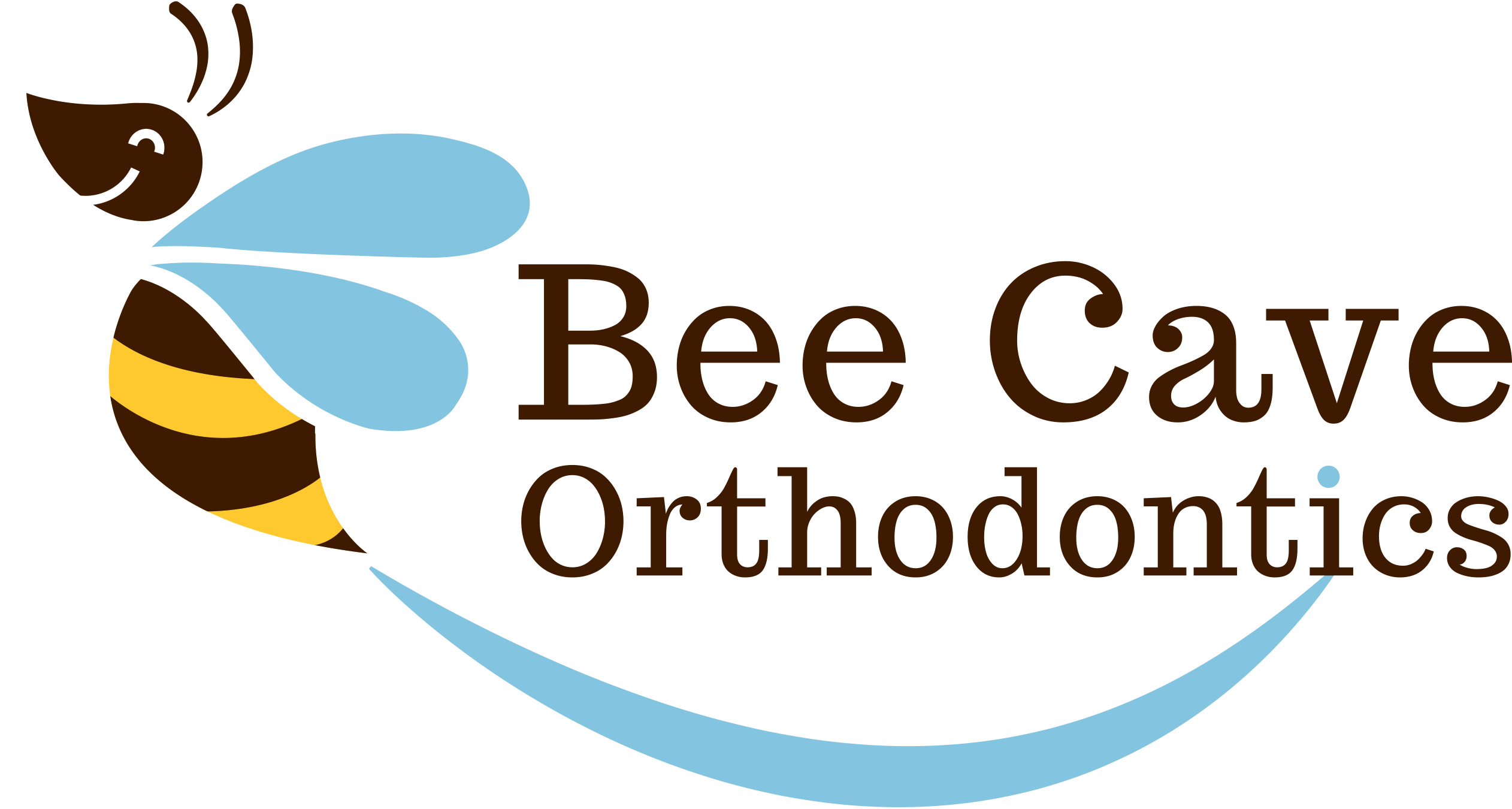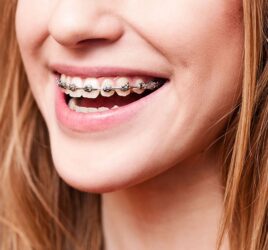
5 Powerful Facts About Baby Teeth and Genetics Every Parent Should Know
Facts about baby teeth: Discover how genetics can affect your child’s baby teeth and oral health. Learn what parents can (and can’t) control and how to protect your child’s smile from the start. – Bee Cave Orthodontics – Austin, Texas
As a parent, you want the best for your child—including a healthy, beautiful smile. But what happens when your little one starts developing cavities or tooth sensitivity, even though you’ve done everything “right”? Before you start blaming yourself, it’s time to explore the powerful role genetics plays in your child’s oral health.
Here are five key facts every parent should know about the connection between baby teeth and genetics:
🧬 1. Genetics Can Influence Enamel Strength
Some kids are born with weaker enamel due to genetic conditions like amelogenesis imperfecta or mild enamel hypomineralization. This makes their baby teeth more vulnerable to cavities, even with great brushing habits. It’s not a matter of poor hygiene—it’s biology.
🧫 2. Saliva Composition and Bacteria Can Be Inherited
Yes, even your saliva can be inherited. The amount and pH of saliva, which helps neutralize acids in the mouth, can vary by genetics. Some kids also inherit oral bacteria from parents through shared spoons, kisses, and drinks—meaning even early exposure can play a role in cavity formation.
🦷 3. Tooth Shape and Alignment Are Often Family Traits
Does your child have crooked baby teeth or early crowding? You’re not imagining it—it could run in the family. Genetics heavily influence jaw size, tooth size, and spacing, which often leads to orthodontic issues later on. Early intervention with a pediatric orthodontist like Dr. D in Austin can make a big difference.
🧒 4. Some Children Are Genetically Prone to More Cavities
Studies show that certain gene variants can increase a child’s risk of cavities—independent of brushing and diet. While this doesn’t mean your child is doomed to dental problems, it does mean that prevention strategies should start even earlier, like fluoride treatments and more frequent checkups.
🧘♀️ 5. It’s Not Always About What You Do—It’s Also About What They Inherit
This is the big takeaway for moms: you’re not to blame if your child has dental issues. Genetics is a powerful factor, and understanding it means you can be proactive instead of reactive. Focus on what you can control: brushing, nutrition, early dental visits, and choosing a knowledgeable and supportive provider like Dr. D at Bee Cave Orthodontics.
👩⚕️ Dr. D Can Help You Navigate Your Child’s Dental DNA
If you suspect your child’s oral health challenges may have a genetic component, you’re not alone—and you’re not powerless. Dr. D specializes in orthodontic care for children, including those with complex needs. Whether it’s early crowding, weak enamel, or a high cavity risk, her gentle, personalized care can make all the difference.
👉Schedule a Free Consultation with Dr. D now and take the first step in giving your child a strong, confident smile—no matter what runs in the family.
Want to get to know us a little better? Check out our YouTube Videos!



